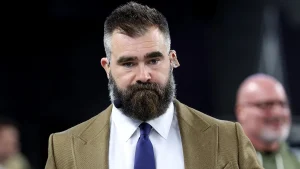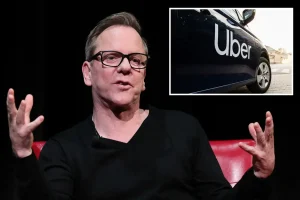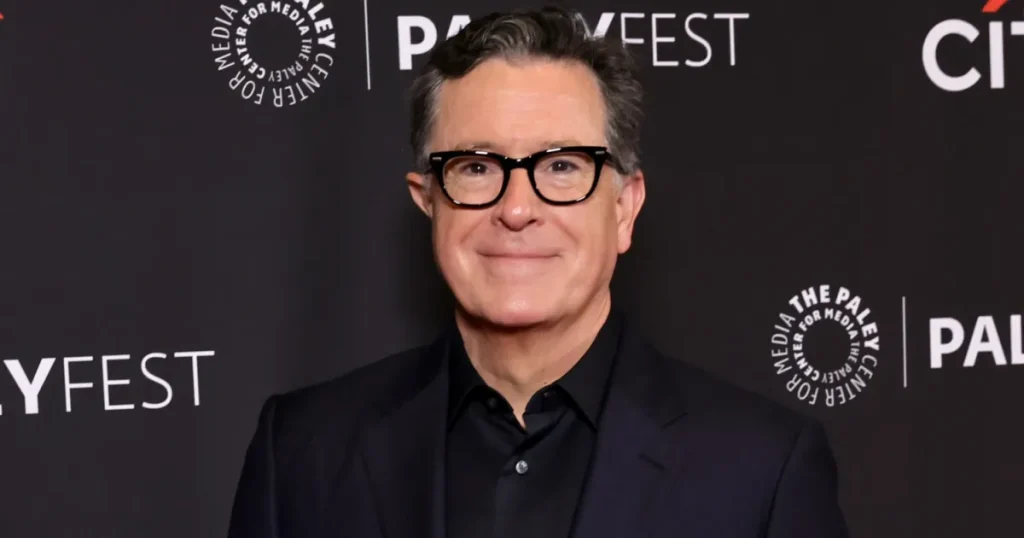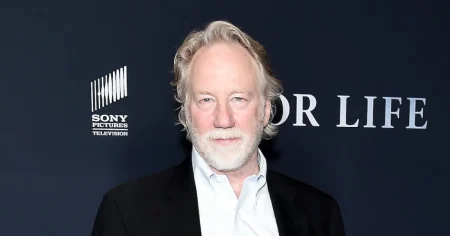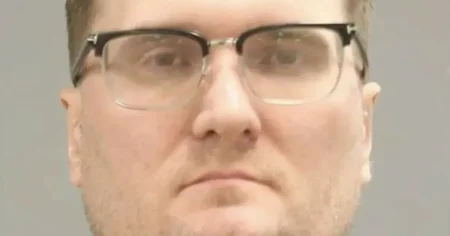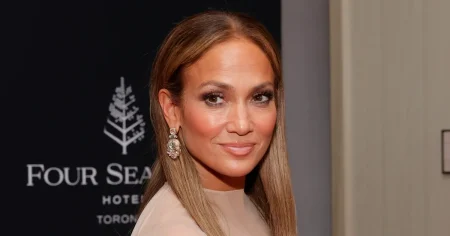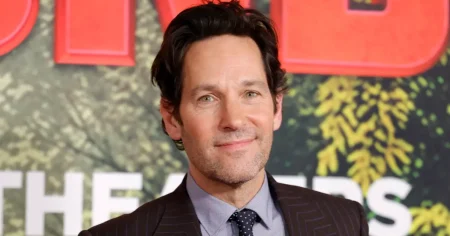Stephen Colbert Reflects on Late Show Cancellation and Looks to the Future
In a candid interview with GQ conducted shortly before his Emmy win, Stephen Colbert opened up about the unexpected cancellation of “The Late Show With Stephen Colbert,” which is set to end in May 2026 after over a decade on air. With remarkable grace and professionalism, the 61-year-old comedian has come to terms with CBS’s decision to conclude not just his tenure, but the entire Late Show franchise on the network. “Listen, every show’s got to end at some time,” Colbert philosophically shared with GQ, demonstrating his seasoned perspective on the entertainment industry. “I’ve been on a bunch of shows that have ended sometimes by our lights and sometimes by the decision of other people. And that’s just the nature of show business.” Still, he couldn’t help but note the unusual circumstances: “I think we’re the first number one show to ever get canceled.”
Despite the shock of the cancellation, which came without warning according to Colbert, he maintains there’s a silver lining to stepping away from the daily news cycle after two decades of political comedy. When the interviewer commented on how long Colbert had been “attaching his mouth to the exhaust pipe of news,” the comedian quipped that it sounded “vaguely suicidal” before suggesting with characteristic humor that perhaps CBS’s George Cheeks had “saved his life” by allowing him to get “a little oxygen back into his brain.” While Colbert clearly loved his work—”I love what we do and I love the grind,” he emphasized—he acknowledged a certain relief in the prospect of not having to “put on the snorkel and get into the sewer every day” of headlines and political drama that has defined his professional life for so long.
When the cancellation news broke in July, Colbert made it clear to his audience that this wasn’t just a host change but the end of an era: “It’s not just the end of our show, but it’s the end of The Late Show on CBS. I’m not being replaced.” CBS attributed the decision to “financial” reasons, explicitly stating it wasn’t “related in any way to the show’s performance, content or other matters happening at Paramount.” This statement came just days after Colbert had publicly criticized Paramount, CBS’s parent company, for reaching a $16 million settlement with former President Donald Trump—timing that raised eyebrows among media observers. Nevertheless, Colbert has refused to engage in public speculation about whether his outspoken political commentary played a role in the network’s decision.
Throughout the interview, Colbert maintained his diplomatic stance regarding CBS, insisting they’ve been “great partners” since he took over The Late Show in 2015. “It’s one of the reasons why this was so surprising and so shocking that there was no preamble to this,” he explained, noting that budget discussions and cuts had always been part of their normal business relationship. Despite whatever theories might circulate about behind-the-scenes drama, Colbert emphasized his desire to maintain professionalism: “My side of the street is clean and I have no interest in picking up a broom or adding to refuse on the other side of the street.” This measured response reflects Colbert’s commitment to fulfilling his contract with dignity during the nine months that remain before his final show.
While acknowledging he’ll “miss the ability to go out there and make jokes” about current events, Colbert humorously added that he “will miss every aspect of my job other than wearing makeup.” This light-hearted perspective suggests a healthy detachment from the trappings of celebrity. Indeed, unlike many who find themselves adrift after losing high-profile positions, Colbert appears remarkably grounded: “I know who I am without this,” he stated confidently. This self-assurance stems from his relatively late entry into the spotlight—he was 41 when he started “The Colbert Report” and 51 when taking over “The Late Show,” unusual in an industry that typically favors younger talent. “I was married with all my children before I was Stephen Colbert, that anybody would know,” he reflected, emphasizing that his identity remains firmly rooted in his family and faith rather than his public persona.
As Colbert prepares for this significant professional transition, he doesn’t see himself leaving entertainment entirely, though he clearly isn’t desperate for another platform. His remarkable equanimity in the face of unexpected career change offers a refreshing counterpoint to the volatility often associated with Hollywood. At 61, with multiple Emmy Awards and two decades of influential comedy behind him, Colbert exemplifies how to navigate professional setbacks with humor, dignity, and perspective. While viewers will undoubtedly miss his nightly commentary when “The Late Show” concludes in 2026, Colbert himself seems prepared—perhaps even eager—to discover what the next chapter holds, armed with the confidence of someone who knows exactly who he is beyond the television screen.

